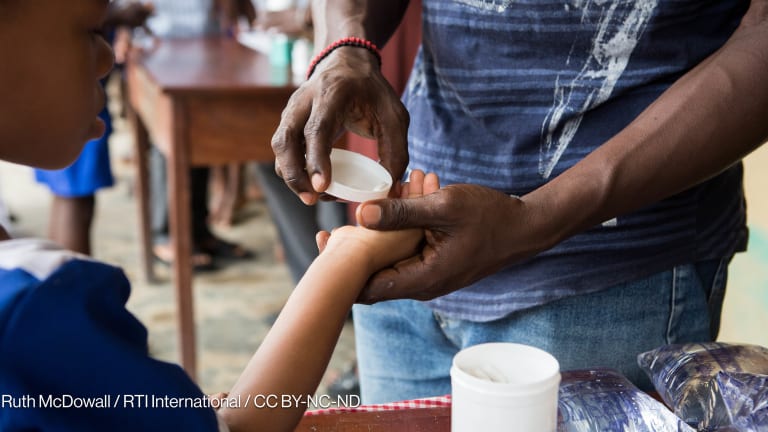As the presidential candidates progress into the height of the campaign, discussions about national security are moving to the forefront.
While the candidates are debating some of the country’s greatest national security threats — issues like the Islamic State group, cyber warfare and nuclear proliferation — I can’t help but wonder if something is missing from the conversation.
Since this presidential campaign season began, the issue of foreign aid has mostly been raised in the context of a budget line item that needs reducing. While foreign aid may not trump other national security concerns, it does offer solutions that intersect with our country’s health and security needs, and our interests in enhanced global economic prosperity.
Printing articles to share with others is a breach of our terms and conditions and copyright policy. Please use the sharing options on the left side of the article. Devex Pro members may share up to 10 articles per month using the Pro share tool ( ).








